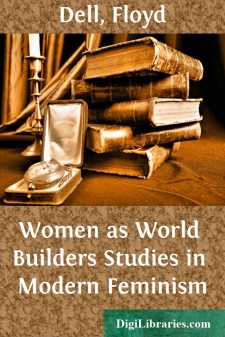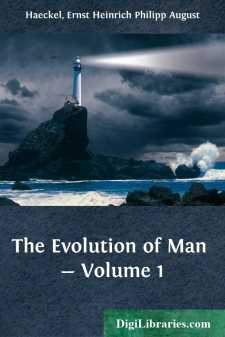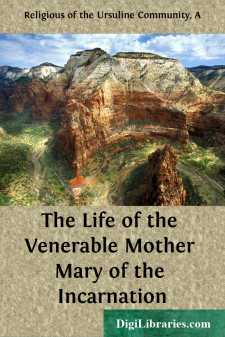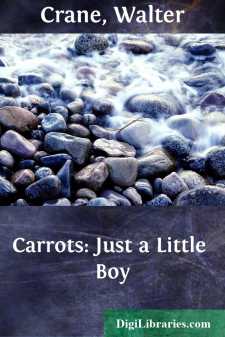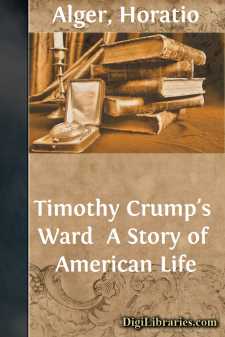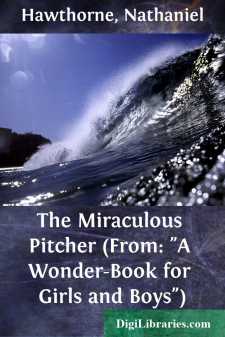Fiction
- Action & Adventure 180
- Biographical 15
- Christian 59
- Classics
- Coming of Age 5
- Contemporary Women 3
- Erotica 8
- Espionage/Intrigue 12
- Fairy Tales, Folklore & Mythology 236
- Family Life 169
- Fantasy 117
- Gay 1
- General 596
- Ghost 32
- Historical 808
- Horror 43
- Humorous 160
- Jewish 25
- Legal 4
- Medical 22
- Mystery & Detective 315
- Political 49
- Psychological 41
- Religious 64
- Romance 159
- Sagas 11
- Science Fiction 730
- Sea Stories 113
- Short Stories (single author) 537
- Sports 10
- Suspense 1
- Technological 8
- Thrillers 2
- Urban Life 31
- Visionary & Metaphysical 1
- War & Military 173
- Westerns 199
Classics Books
Sort by:
by:
Floyd Dell
CHAPTER I THE FEMINIST MOVEMENT The feminist movement can be dealt with in two ways: it can be treated as a sociological abstraction, and discussed at length in heavy monographs; or it can be taken as the sum of the action of a lot of women, and taken account of in the lives of individual women. The latter way would be called "journalistic," had not the late William James used it in his...
more...
FOREWORD The tendency to "forget the war" is not admirable. Such an attitude is in effect a negation of thought. The agony which shook mankind for more than four years and whose aftermath will be with us in years to come cannot be forgotten unless the conscience of mankind is dead. Rabbi Levinger's book is the narrative of a man who saw this great tragedy, took a part in it and has thought...
more...
by:
John MacNeil
INTRODUCTION. I have been asked by the publishers to write a few lines introducing this book to American Christians. I count it a privilege to be allowed to do so. The one thing needful for the church of Christ in our day, and for every member of it, is to be filled with the spirit of Christ. Christianity is nothing except as it is a ministration of the Spirit. Preaching is nothing, except as it is a...
more...
The work which we now place within the reach of every reader of the English tongue is one of the finest productions of its distinguished author. The first edition appeared in 1874. At that time the conviction of man's natural evolution was even less advanced in Germany than in England, and the work raised a storm of controversy. Theologians—forgetting the commonest facts of our individual...
more...
Early in the sixteenth century, reports of the progress of discovery in America began to make their way to France, and, as a natural result, to arouse emulation. For no one had the stirring tales a greater charm than for the reigning Sovereign, Francis I., whose spirit of rivalry, thirst of glory, and love of adventure, they were especially calculated to stimulate. It would have been as repugnant to...
more...
by:
Walter Crane
CHAPTER I. "Where did you come from, Baby dear?Out of the everywhere into here?"But how did you come to us, you dear?God thought about you, and so I am here!" G. Macdonald. His real name was Fabian. But he was never called anything but Carrots. There were six of them. Jack, Cecil, Louise, Maurice, commonly called Mott, Floss, dear, dear Floss, whom he loved best of all, a long way the best...
more...
by:
Horatio Alger
CHAPTER I. INTRODUCES THE CRUMPS. IT was drawing towards the close of the last day of the year. A few hours more, and 1836 would be no more. It was a cold day. There was no snow on the ground, but it was frozen into stiff ridges, making it uncomfortable to walk upon. The sun had been out all day, but there was little heat or comfort in its bright, but frosty beams. The winter is a hard season for the...
more...
by:
Epictetus
A SELECTION FROM THE DISCOURSES OF EPICTETUS. OF THE THINGS WHICH ARE IN OUR POWER AND NOT IN OUR POWER.—Of all the faculties (except that which I shall soon mention), you will find not one which is capable of contemplating itself, and, consequently, not capable either of approving or disapproving. How far does the grammatic art possess the contemplating power? As far as forming a judgment about what...
more...
INTRODUCTORY TO "THE MIRACULOUS PITCHER" And when, and where, do you think we find the children next? No longer in the winter-time, but in the merry month of May. No longer in Tanglewood play-room, or at Tanglewood fireside, but more than half-way up a monstrous hill, or a mountain, as perhaps it would be better pleased to have us call it. They had set out from home with the mighty purpose of...
more...
by:
Harry M. Lamon
PREFACE Of all lines of poultry keeping, duck raising is unique in that it lends itself to the greatest degree of specialization and intensification along lines which are purely commercial. On a comparatively small area thousands of ducklings can be reared and marketed yearly. The call for information concerning the methods used by these commercial duck raisers has been considerable, and since such...
more...


